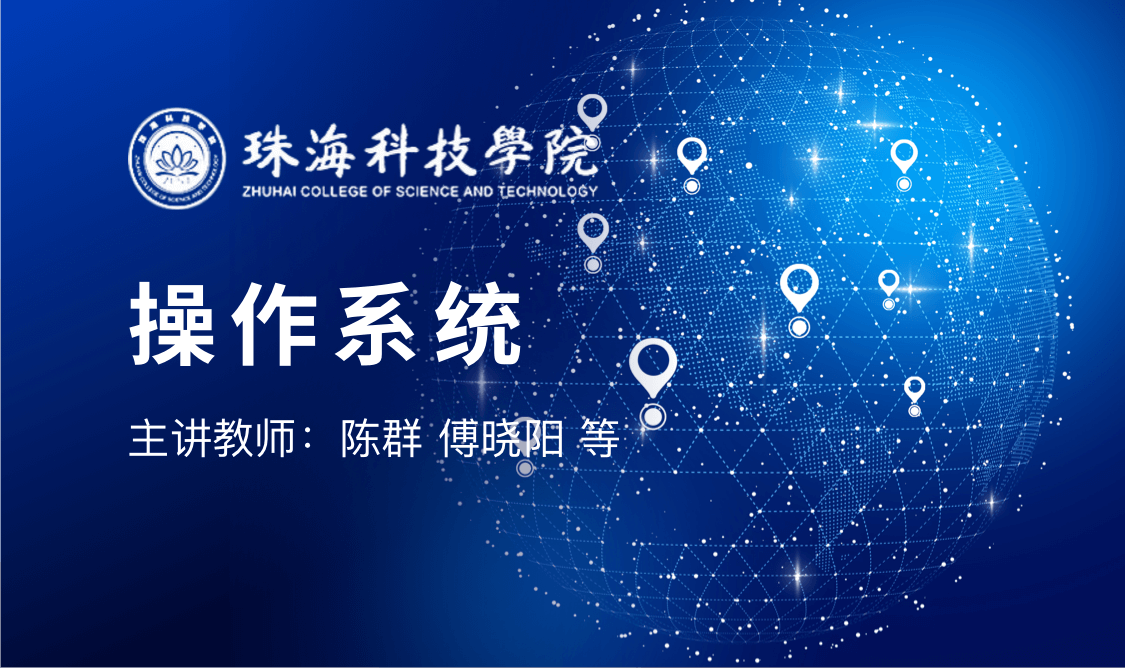
当前课程知识点:Hospitality English > 1 THE NATURE OF TOURISM BUSINESS > 1.3 Nature of Tourism Businesses > 1.3.2 Characteristics of hospitality
返回《Hospitality English》慕课在线视频课程列表
In this video, you will learn about some prominent characteristics of hospitality, such as perishability, inconsistency, investment, immobility, inseparability and intangibility and people-oriented. Which characteristic do you think most impressive? Can you support your view with data, cases or your experience?
返回《Hospitality English》慕课在线视频列表
现在 我们来了解下接待业的特点
与生产或贸易行业相比
旅游和接待业有一些重要的特点
在这一部分中
我们将重点讨论其
不可贮存性 不一致性
投入资金不可移动性
不可分割性和无形性 以及以人为本的特点
首先,我们看到
不可贮存性是酒店业和旅游业最重要的特征之一
所提供的产品和服务边生产边被消费
酒店客房和缆车座椅不能仓储起来用于日后销售
当酒店房间今晚没有被预订时
你不能今晚存储它用于明天出售
火车一旦出站 未使用的承载量不能在之后出售
旅游业的产品总是不同的
即使是在一周内 天气也一样
酒店的房间也会让客人有不同的感受
这都取决于客人的体验
理性的产品属性如价格 入住天数
以及附加服务等 只能在小范围内进行比较
以及附加服务等 只能在小范围内进行比较
对供应商来说 如何处理客户对产品的感知是一个挑战
这被称为感知质量
它受到众多因素的高度影响
如天气 环境 施工现场
工作职员的态度
顾客的心情 其他顾客的行为等
因此 产品的不一致性很强 难以标准化
酒店和其他住宿业
通常都会有很大的固定资产
酒店有家具 餐厅 电视机组 洗衣服务 游泳池 桑拿房等
主题公园度假村和各类娱乐设施也是如此
甚至需要巨大的资本
所以酒店业被认为是资本密集型以及劳动密集型的行业
投入的资本必须要有回报
而这并不是全部
通常 所有这些投资都集中在一个地方
这意味着这些旅游公司
在很大程度上
依赖于该地区 国家
周边环境等的吸引力
从消费者的角度来看
接待业的产品更像是一种体验
大多数旅游产品的生产和消费是同时进行的
这一点显然是旅游(产品)区别于有形产品的一个方面
它不同于购买一台新电脑
你在网站上或体验店还没看到它
它就被生产出来并发货了
而这台电脑的消费是指你购买了机器
带回家后 可以在家中或任何地方使用它
但是你不能把酒店的房间带回家
你可以在纪念品商店购买商品
但你不能在你的客厅里享受滑雪
旅游产品只能在供应商处消费
这一特点被称为不可分割性
旅游产品是无形的
在酒店住一晚 在滑雪场住一天 这些都是无形的
旅游就是要花时间创造体验
旅游企业销售的产品既不能复制 也不能重复使用
消费的感受也无法完全捕捉
人们只是尝试用照片和摄像机记录
对于旅游者或游客来说或对于旅游消费者来说
他们所购买的产品和服务 其实大多是一种体验
这可能会在记在他们的脑海中
旅游业完全建立在人的基础上
这是提到的最后一点
工作人员和顾客之间的互动决定了感知的产品质量
与有形产品不同 顾客购买的是产品的某些功能
生产质量 耐用性等
而度假质量则是由从信息和预订过程开始
在从住宿过程中直至回家途中的个人互动所产生的
综上所述
不可贮存性 不一致性 投入资金大 不可移动性
不可分割性 无形性和以人为本
是接待业的主要特征
这些是管理和营销策略必须考虑的
到目前为止 我们重点介绍了接待业的主要特点
你是如何理解它的
从接待业的特点中 你能得到哪些启发
请写一篇文章来表达你的想法
第一章第三节到此结束
感谢您的聆听
用数据或案例来支撑你的想法
使用完整的句子和分开的段落
让你的文章明确 有逻辑
第一章第三节到此结束
谢谢您的收听
-1.1 Hospitality and Tourism
--1.1.1 Introduction of hospitality
--1.1.2 Introduction of tourism (1)
--1.1.3 Introduction of tourism (2)
--1.1.4 Basic conception of tourism (1)
--1.1.5 Basic conception of tourism (2)
-1.2 Tourism Industries
--1.2.4 Convention & exhibition
--1.2.5 Entertainment & recreation
-1.3 Nature of Tourism Businesses
--1.3.2 Characteristics of hospitality
--Week 1 Quiz
-2.1 Basic Approaches and Etiquette of Hospitality
--2.1.1 Basic approaches and etiquette of hospitality
-2.2 Meet and Greet at Accommodations
--2.2.3 Know how to offer more
-2.3 Meet and Greet at Other Situations of Hospitality
--2.3.1 At transportation services
--2.3.3 At conventions and exhibitions
--2.3.4 At entertainment and recreation situations
-2.4 Communication Skills of Online Travel Agency
--2.4.1 Communication skills of online travel agency
--Week 2 Quiz
-3.1 Culture and Communication
--3.1.2 The characteristics of culture
--3.1.3 What is communication?
--3.1.5 Myths of communication
-3.2 Barriers to Cross-cultural Communication
-3.3 Cross-cultural Communication
--3.3.2 Cross-cultural verbal communication
--3.3.3 Hofstede's cultural dimensions (1)
--3.3.4 Hofstede's cultural dimensions (2)
-3.4 International Practice in Cross-cultural Communication
--3.4.1 International practice in cross-cultural communication
--Week 3 Quiz
-4.1 Getting to Know Tourism Literature
--4.1.1 Significance of tourism literature
--4.1.2 Proper way to choose for reading
-4.2 Capturing the Main Ideas
--4.2.1 Starting with the title & abstract
--4.2.2 Following the structure to focus
--4.2.3 Identifying topic sentences
-4.3 Accumulating Idiomatic Expressions
--4.3.1 Expressions of defining & categorizing
--4.3.2 The extensive use of passive voice
-4.4 Summarizing Reading & Thinking
--4.4.1 Writing a summary of your readings
--4.4.2 Taking notes of your thinking
--Week 4 Quiz
-5.1 What Is A Literature Review
--5.1.1 The definition and types of literature review
--5.1.2 Systematic approaches of literature review
-5.2 Collection and Analysis of Literature
--5.2.2 Methods of literature collection
--5.2.3 Analysis of literature
-5.3 Content of Literature Review
--5.3.1 Concepts, propositions, and theories
--5.3.2 Conceptualization and theoretical framework
--5.3.3 Operationalization of the research framework
-5.4 Evaluate Your Literature Review
--5.4.1 Evaluation of your literature review
--Week 5 Quiz
-6.1 Basic Structure of MTA Thesis/Project
--6.1.5 Reference and acknowledgement
-6.2 Stages of Completing a Thesis
--6.2.1 Thesis initiation stage - research design
--6.2.2 Thesis initiation stage -research methodology(1)
--6.2.3 Thesis initiation stage - research methodology(2)
--6.2.4 Thesis initiation stage - research proposal
--6.2.5 Thesis writing and completion stage
-6.3 Essentials in Managing a Successful Thesis
--Week 6 Quiz
--Final Quiz

